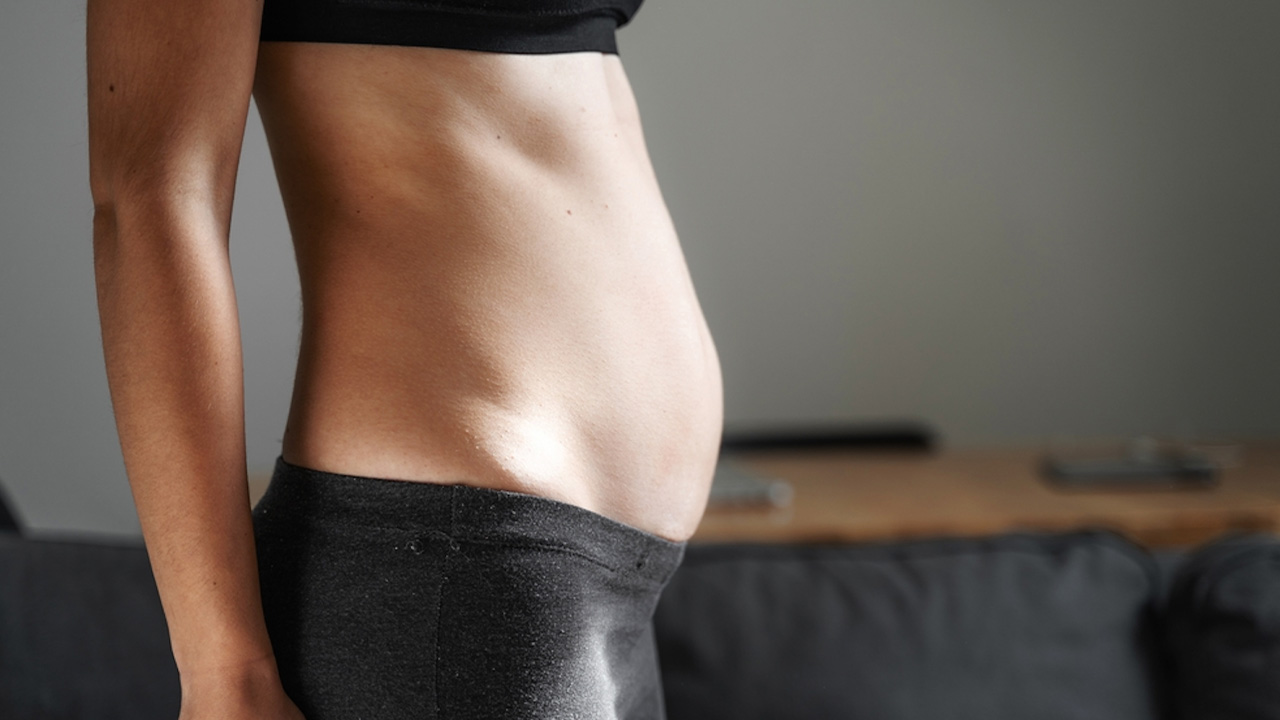Uterine fibroids are benign tumors that protrude from the smooth muscle cells of the uterine lining. Fibroid is the most common gynecological condition that affects women, specifically during their childbearing years. This condition can cause a set of uncomfortable symptoms such as:
- Heavy and irregular menstrual bleeding
- Painful menstruation
- Back pain
- Bloating or abdominal swelling
- Fatigue
- Constipation
- Frequent urination
A noticeable stomach bulge is one of the prominent symptoms of uterine fibroids that the following reasons can cause:
Size of the fibroids
Larger fibroids expand the uterus and push the abdominal wall, resulting in the appearance of a bulge. Moreover, larger fibroids press against the intestines and bladder, creating a feeling of bloating and fullness.
Multiple fibroids
Multiple fibroids collectively increase the size of the uterus. As these fibroids grow, the uterus expands, putting pressure on the abdominal wall and creating a bulge.
Location of the fibroids
The location of the fibroids can also impact a woman’s physical aspects. Subserosal fibroids, or those located on the uterus’s outer wall, push outward, creating a prominent stomach bulge.
When to see a healthcare provider
If you notice a persistent stomach bulge with a feeling of fullness or bloating, consult a healthcare specialist. Stomach bulges may indicate other underlying conditions, such as ovarian cysts, tumors, or digestive issues. A proper consultation is necessary to rule out these conditions.




